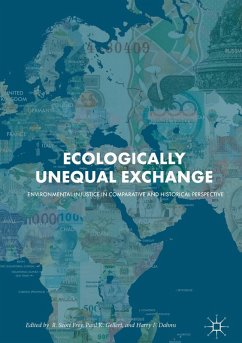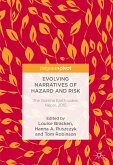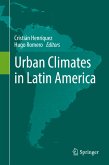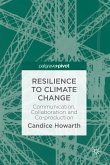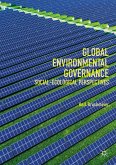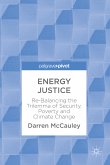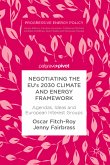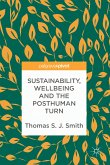At a time of societal urgency surrounding ecological crises from depleted fisheries to mineral extraction and potential pathways towards environmental and ecological justice, this book re-examines ecologically unequal exchange (EUE) from a historical and comparative perspective. The theory of ecologically unequal exchange posits that core or northern consumption and capital accumulation is based on peripheral or southern environmental degradation and extraction. In other words, structures of social and environmental inequality between the Global North and Global South are founded in the extraction of materials from, as well as displacement of waste to, the South. This volume represents a set of tightly interlinked papers attempting to assess ecologically unequal exchange and to move it forward. Chapters are organised into three main sections: theoretical foundations and critical reflections on ecologically unequal exchange; empirical research on mining, deforestation, fisheries, and the like; and strategies for responding to the adverse consequences associated with unequal ecological exchange. Scholars as well as advanced undergraduate and graduate students will benefit from the spirited re-evaluation and extension of ecologically unequal exchange theory, research, and praxis.
Dieser Download kann aus rechtlichen Gründen nur mit Rechnungsadresse in A, B, BG, CY, CZ, D, DK, EW, E, FIN, F, GR, HR, H, IRL, I, LT, L, LR, M, NL, PL, P, R, S, SLO, SK ausgeliefert werden.

